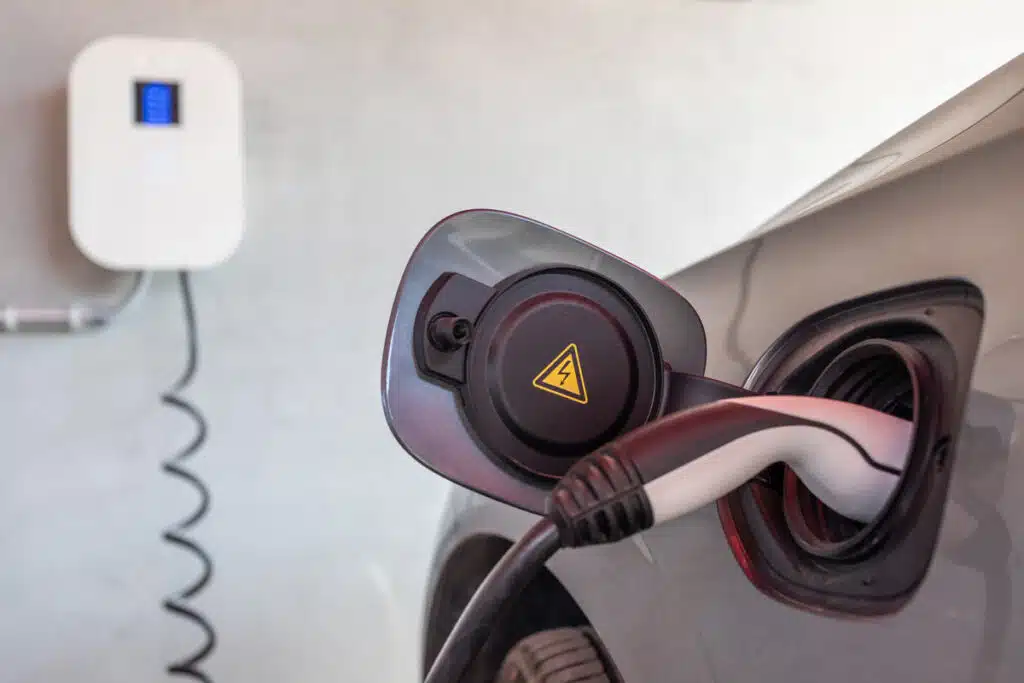
Hyundai, Kia vehicle chargers class action lawsuit overview:
- Who: David Gould, Kaushik Iyengar, and John Nixon filed a class action lawsuit against Hyundai Motor Company and Kia Corporation, among other connected entities.
- Why: Gould, Iyengar, and Nixon claim Hyundai and Kia sold certain electric vehicles that came with vehicle chargers that have a tendency to overheat.
- Where: The class action lawsuit was filed in California federal court.
- What are my options: CarShield provides vehicle protection plans for Hyundai, Kia and other vehicles.
Hyundai Motor Company and Kia Corporation manufacture and sell certain electric vehicles (EVs) that come with chargers that overheat prior to completely charging the vehicles, a new class action lawsuit alleges.
Plaintiffs David Gould, Kaushik Iyengar, and John Nixon claim Hyundai and Kia promote that their Ioniq 5, Ioniq 6, Kia EV6, and Genesis GV60 EVs can be charged quickly with a Level 2 charger, despite the alleged overheating issue.
Gould, Iyengar, and Nixon argue that, in reality, the Hyundai and Kia electric vehicle chargers sometimes overheat within 30 to 60 minutes of the charging process, forcing vehicle owners to unplug and plug them back in to restart the job.
“As a result, owners who plug in their vehicles at night come back in the morning to find that their vehicles are not fully charged,” the Hyundai class action states.
Gould, Iyengar, and Nixon want to represent a nationwide class and New York, Georgia, and Florida subclasses of all persons or entities who purchased or leased a Ioniq 5, Ioniq 6, KIa EV6, or Genesis GV60 EV.
Hyundai, Kia tried to fix overheating issue by intentionally slowing down charging speeds, says class action
Gould, Iyengar, and Nixon argue the electric vehicle chargers for the Hyundai and Kia EVs also “frequently lead to damage to vehicle components” on account of the vehicle’s alleged tendency to overheat.
Hyundai and Kia, meanwhile, have responded to the overheating issue by offering a software fix that exacerbates the charge-time problem by lowering the charge speeds to avoid overheating, the Kia class action alleges.
“This ‘fix’ leaves the Class Vehicle owners with a different vehicle than they purchased, and it fails to live up to the promises Defendants made when they were marketing their vehicles,” the Hyundai class action states.
Gould, Iyengar, and Nixon claim Hyundai and Kia are guilty of unjust enrichment and of violating the Florida Deceptive and Unfair Trade Practices Act and the Georgia Uniform Deceptive Trade Practices Act, among other laws.
Plaintiffs are demanding a jury trial and requesting injunctive relief along with an award of punitive, exemplary, and treble damages for themselves and all class members.
Hyundai and Kia agreed to pay $200 million in May to resolve claims the automakers’ failed to equip their model 2011-2022 vehicles with an engine immobilizer, leaving them vulnerable to theft.
Have you purchased or leased a Hyundai Ioniq 5, Ioniq 6, Kia EV6, or Genesis GV60 EV? Let us know in the comments!
The plaintiffs are represented by Christopher R. Pitoun, Steve W. Berman, and Jerrod C. Patterson of Hagens Berman Sobol Shapiro LLP.
The Hyundai, Kia vehicle chargers class action lawsuit is Gould, et al. v. Hyundai Motor Company, et al., Case No. 8:23-cv-01344, in the U.S. District Court for the Central District of California
Don’t Miss Out!
Check out our list of Class Action Lawsuits and Class Action Settlements you may qualify to join!
Read About More Class Action Lawsuits & Class Action Settlements:



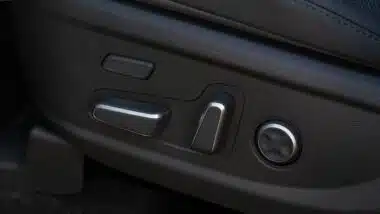
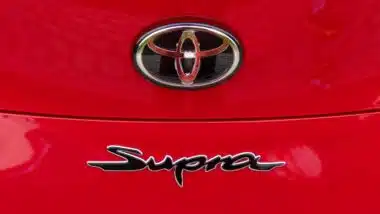
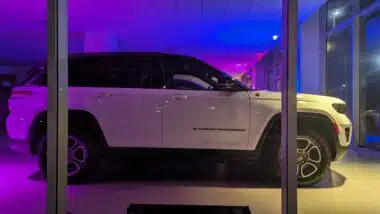
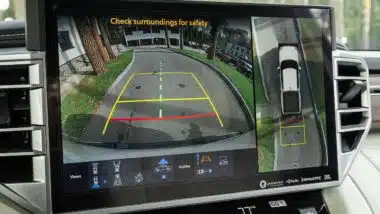
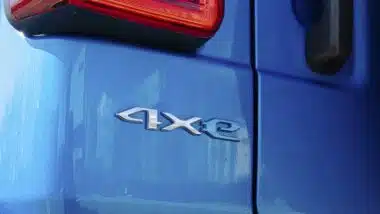
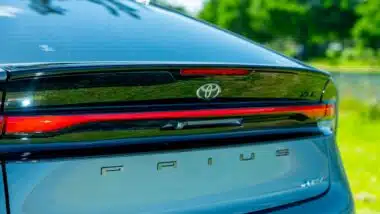
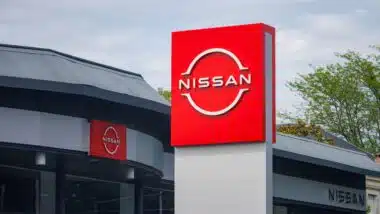
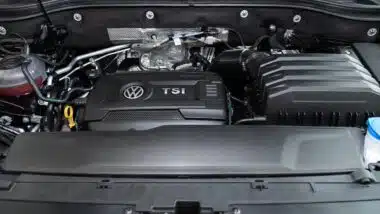

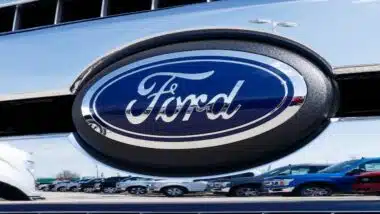
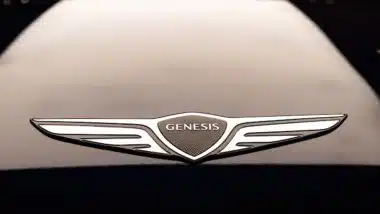
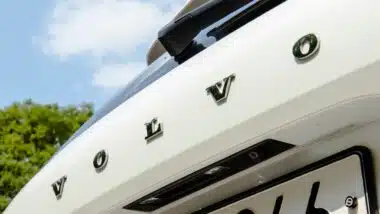
5 thoughts onHyundai, Kia class action claims electric vehicle chargers overheat
Please add me
Please add me
Add me please
Add me please
Add me